“We Are Not Victims. We Are Fighters”: Russian Political Prisoners, Including Left Sociologist Boris Kagarlitsky, Demand Freedom

Here’s what you can do in solidarity.

On July 3, from inside Russian prison colonies, 11 political prisoners—including Marxist sociologist Boris Kagarlitsky, anti-war student Darya Kozyreva, and anarchist mathematician Azat Miftakhov—made an urgent appeal to world leaders: Any ceasefire or peace agreement between Russia and Ukraine must include the mass release of Russia’s political prisoners and Ukrainian civilian hostages.
“There are at least 10,000 of us,” they declare. “We are all punished for one thing—for taking a civic stance.”
Ilya Shakursky, Andrei Trofimov, Alexander Shestun, Alexei Gorinov, Vladmir Domnin, Anna Arkhipova, Artem Kamardin and Dmitry Pchelintsev were also among the signatories.
Their plea comes from within a justice system that imposes long sentences for oppositional expression, where verdicts are decided in advance and acquittals in political cases are nonexistent. It underscores the authoritarian turn Russia has taken since the full-scale invasion of Ukraine more than three years ago. Since then, the regime of President Vladimir Putin has passed more than 60 new repressive statutes on top of the 50 already enacted since 2018, weaponizing the legal code to squash dissent.
The charges before the current judicial system—whether “justifying terrorism,” “discrediting the armed forces,” or participating in “extremist” groups—are designed not to prosecute real crimes but to enforce obedience. The scale of repression doesn’t match Stalin’s, but the motive is the same: clamp down on critical expression, whether deliberate, inadvertent, actual or potential. The result is a Kafkaesque machine that imprisons thought and crushes opposition.
Boris Kagarlitsky is perhaps Russia’s most prominent leftist intellectual, a Marxist critic of both Western imperialism and Putin’s domestic authoritarianism. In 2023, he was sentenced to five years in a penal colony. His offense? An ironic comment, on his popular social media channel, about the Crimean bridge explosion, a joke he admitted landed poorly. But irony is no defense in Putin’s Russia. Prosecutors argued that Kagarlitsky was “justifying terrorism.”
Current Issue

Others received similar or harsher punishment. Darya Kozyreva, then just 18, was sentenced to more than two years for laying flowers at a monument to Ukrainian poet Taras Shevchenko, deemed an act of “discrediting the army.” It could have been worse: calling the Special Military Operation a war can result in 10 years in prison. Artist Sasha Skochilenko faced years in prison for replacing supermarket price tags with anti-war messages. Though she was later freed in a rare prisoner exchange, her case typifies the criminalization of expression.
The talented pianist Pavel Kushnir wasn’t so lucky. He died five days into a dry hunger strike in a prison cell on Karl Marx Street in Birobidzhan. He was accused under the article on “public calls for terrorist activity” and jailed for uploading four blurry anti-war videos on his YouTube channel, which had five subscribers.
Kagarlitsky’s case drew international attention. Kushnir was almost unknown, like thousands of other activists, artists, teenagers, socialists, anarchists, communists, and pacifists—imprisoned in obscurity, often under abysmal conditions.
According to Memorial, the human rights group now banned in Russia, there are at least 3,000 known political prisoners in the country—the highest number since the Brezhnev era. Some human rights monitors estimate that the real number of politically persecuted individuals exceeds 20,000, including many in occupied Ukrainian territories. The Kharkiv Human Rights Protection Group has documented more than 5,000 cases of enforced disappearance in these regions.
Kagarlitsky’s case reveals the combined cruelty and absurdity at work. After spending nearly five months in pretrial detention in Syktyvkar, 1,000 kilometers from Moscow, Kagarlitsky was convicted, but released with a fine of 609,000 rubles. Supporters raised the money in less than an hour.
Paying the fine was another matter. Kagarlitsky had already been designated both a “foreign agent,” and “terrorist or extremist,” and was therefore prohibited by law from conducting financial transactions. He eventually managed to pay, but his troubles were about to get worse. The state appealed Kagarlitsky’s December release with a fine—which they said he didn’t pay, apparently assuming he was unable to complete the financial transaction, and cited excessive leniency in letting him out of pretrial detention. Eight weeks later, the military court reversed the December verdict and imposed the harsher prison sentence of five years. Kagarlitsky in now serving his sentence at Penal Colony No. 4 in Torzhok, 155 kilometers from Moscow. His lawyer says this sentence reflects excessive punishment.
Popular
“swipe left below to view more authors”Swipe →
The July 3 open letter describes worsening conditions for political prisoners: Longer sentences are imposed; they are “held in harsher conditions, are deprived of the opportunity for parole and legal relaxation of the detention regime.” Moreover, “the practice of initiating additional criminal cases based on denunciations from other convicts has become commonplace.”
Azat Miftakhov’s case is emblematic. One month before his scheduled release from a five-year sentence, he was hit with a new “justifying terrorism” charge, based on denunciations from other prisoners, and given a new four-year term.
And yet, the defiance remains. The political prisoners insist that they have not lost their voices nor “sunk into oblivion.”
“We are not victims,” Kagarlitsky declared in a message recorded from prison on a phone call to his daughter, Ksenia. “We are fighters. We are on the side that will continue fighting and will finally win.”
The political prisoners call for a mass prisoner exchange “all for all,” the release of gravely ill detainees, and international pressure to halt repression. Their demands echo the call by the People First Campaign, a coalition of human rights organizations. They insist that any Ukraine peace deal must prioritize the release of prisoners, including deported children and anti-war Russians.
The Kremlin’s crackdown is a bid to forge a “homogeneous society” built on “traditional values” of empire and obedience. It offers a grim preview of what happens when resistance is recast as terrorism.
This is not just about Russia. As authoritarianism surges globally, the criminalization of dissent follows a familiar script.
Kagarlitsky and his cosigners, writing from their cells, refuse to be silenced, and remind us that solidarity is required. As the open letter states, a just peace in Ukraine must be a peace for the imprisoned as well. “Only together,” they write, “can we bring closer the time of freedom and peace.”
What You Can Do:
Support the Boris Kagarlitsky International Solidarity Campaign, Freedom Zone, People First, Memorial, Mediazona, OVD, the Kharkiv Human Rights Protection Group, and other human rights organizations working to free political prisoners, document abuses, fund legal defense, and amplify prisoners’ voices. Pressure lawmakers to demand the release of all political prisoners be included in any Ukraine-Russia negotiations.
Most of all, keep speaking their names.
More from The Nation
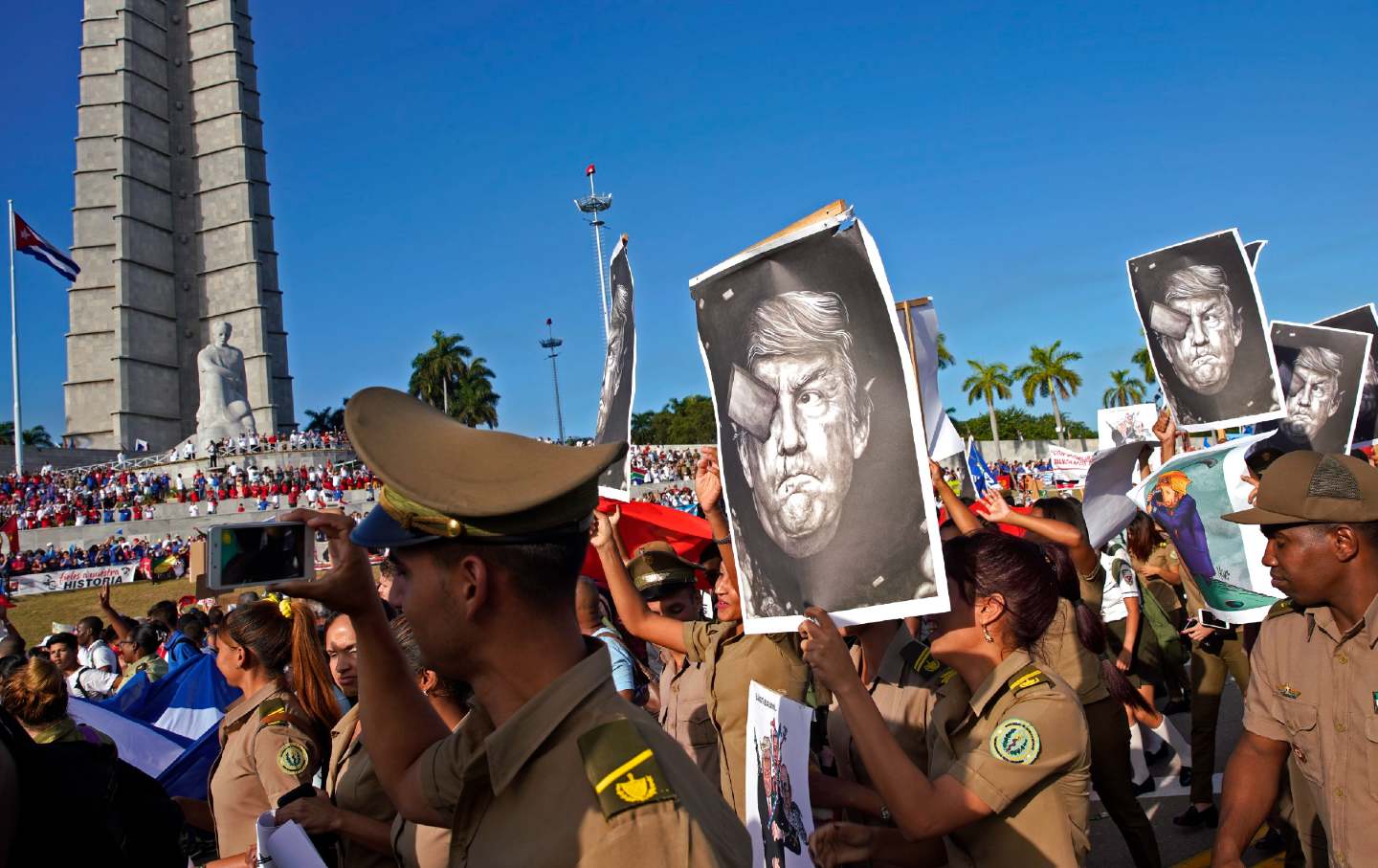
The danger of “maximum pressure” vs. the promise of “pragmatic engagement.”
Peter Kornbluh
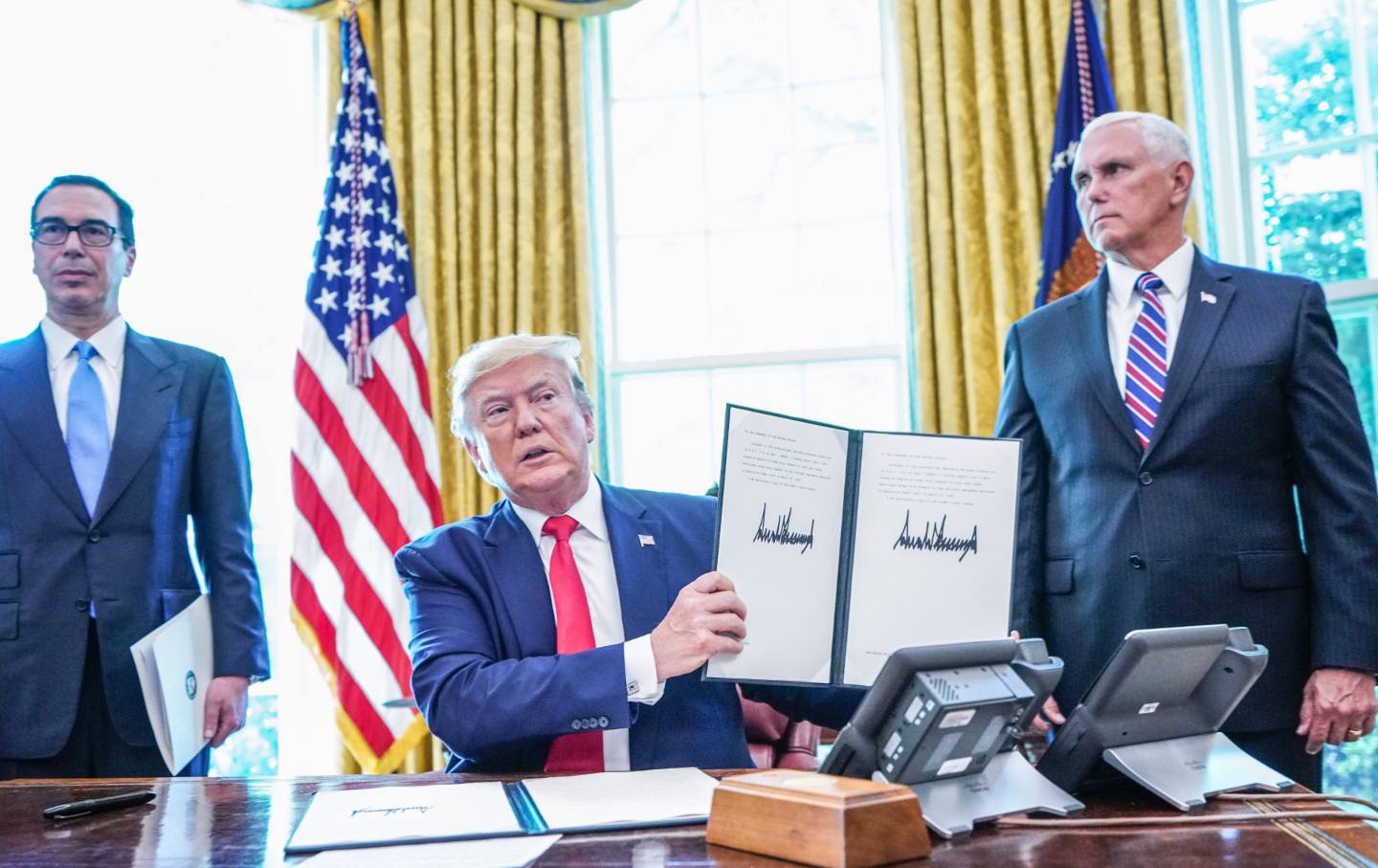
Since 1979, the US has been in perpetual economic, military, and political combat with the Iranian state. The only difference now is that bombs are falling.
Josef Burton
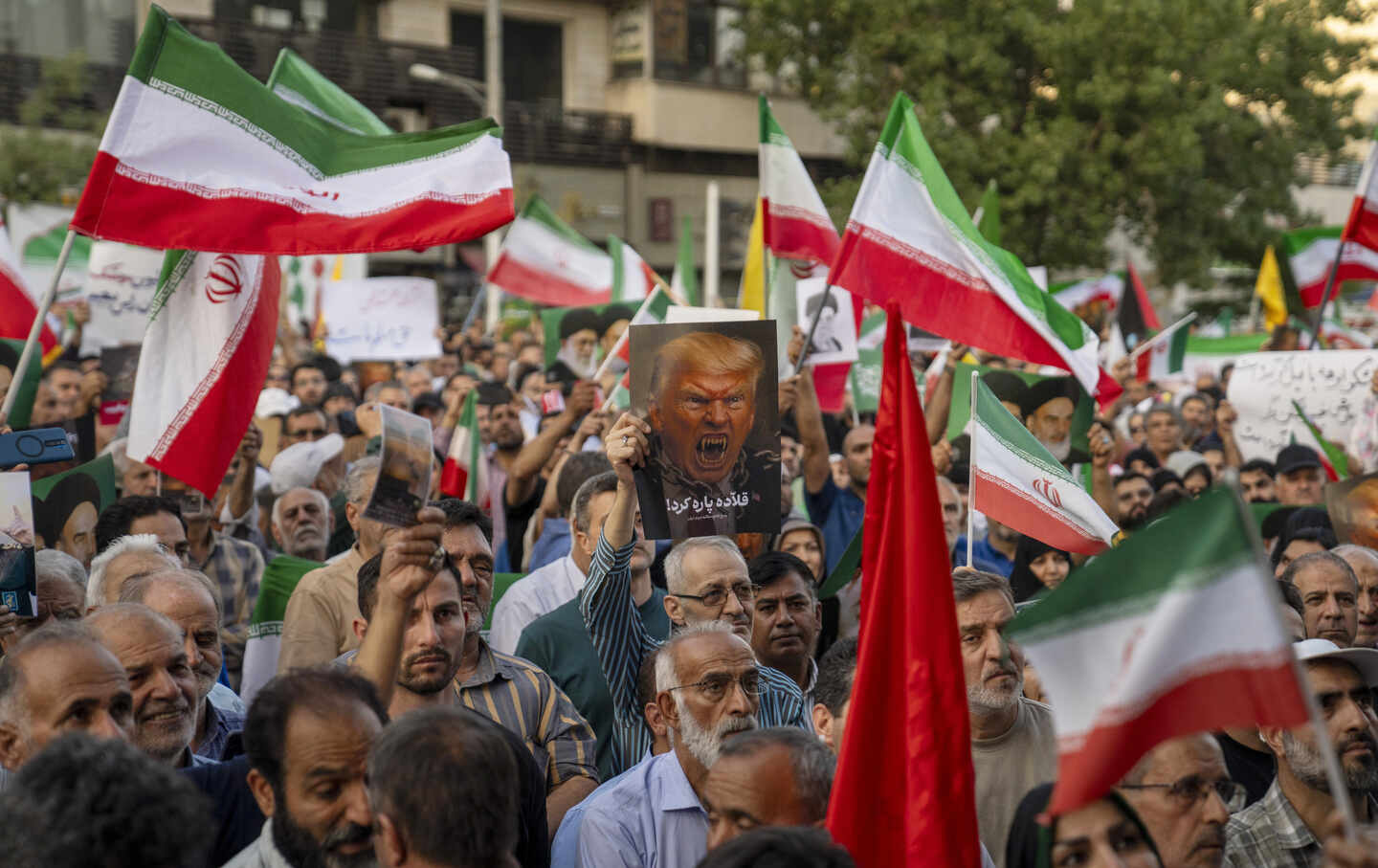
Imperfect as they were, our founding fathers asserted that liberty and human dignity are fundamental human values. A war with Iran repudiates them.
Nader Terani
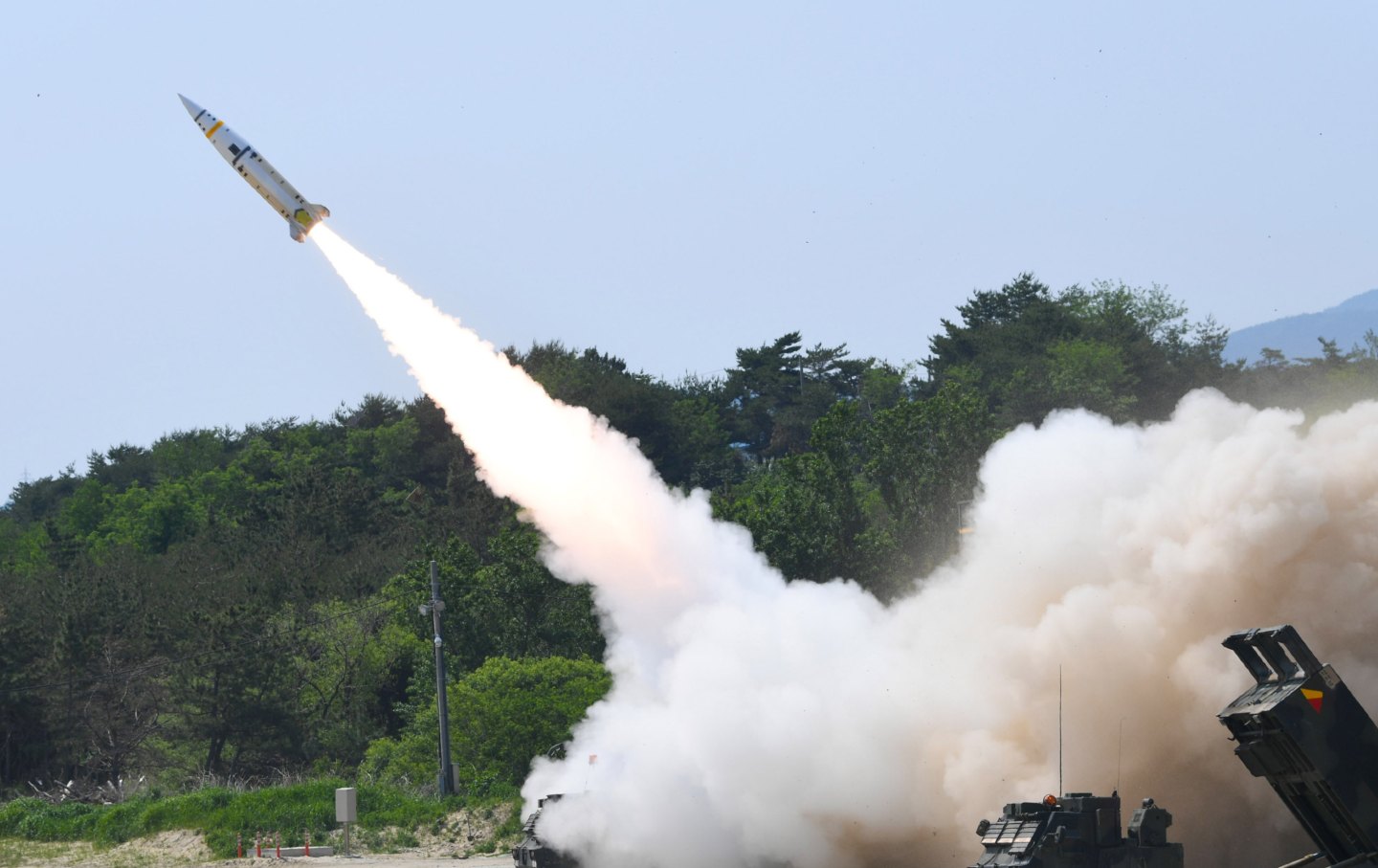
Yet mainstream US media outlets and partisan politics are routinely oblivious to threat of oblivion.
Norman Solomon
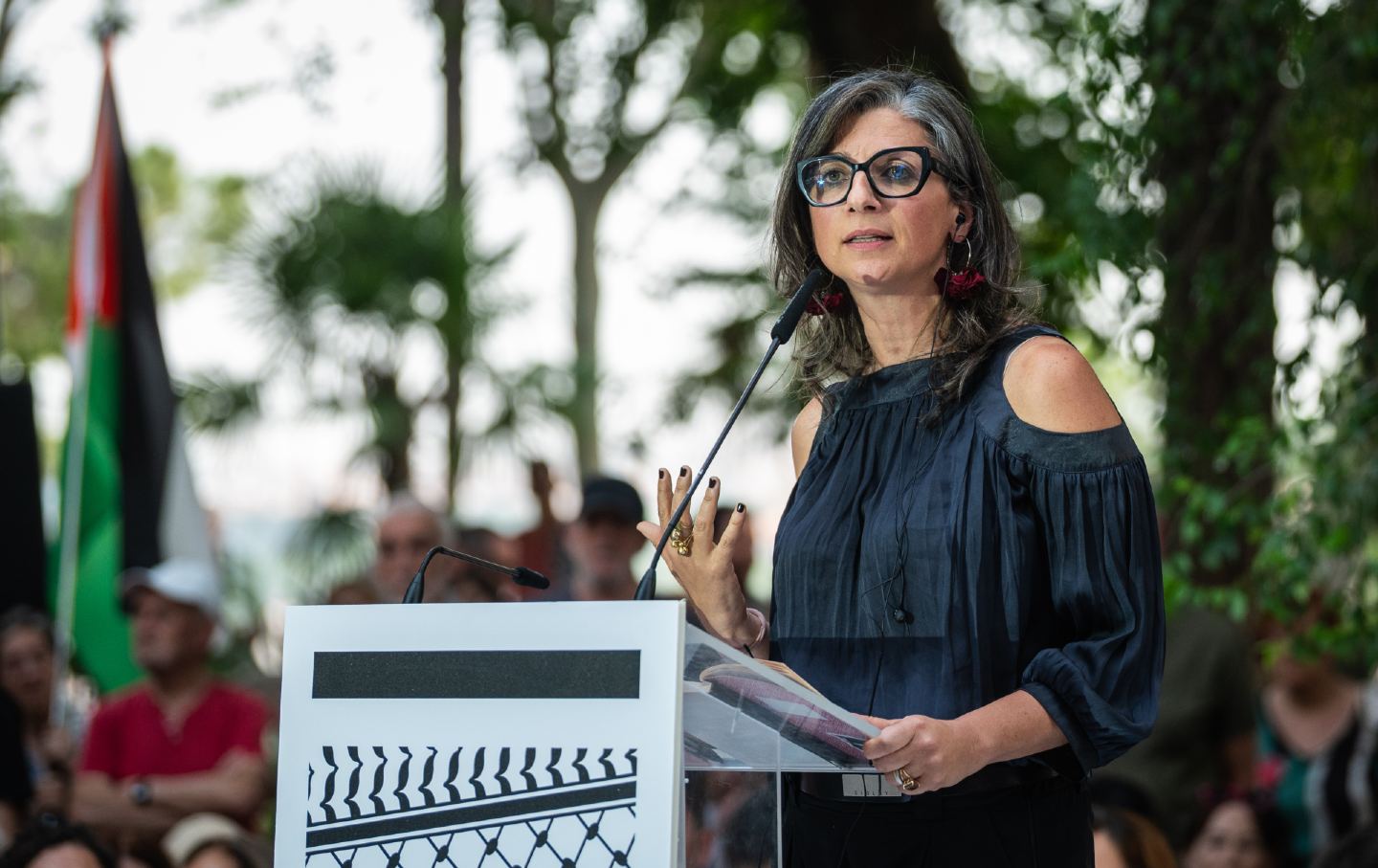
Marco Rubio tramples on law, justice, and truth.
Richard Falk
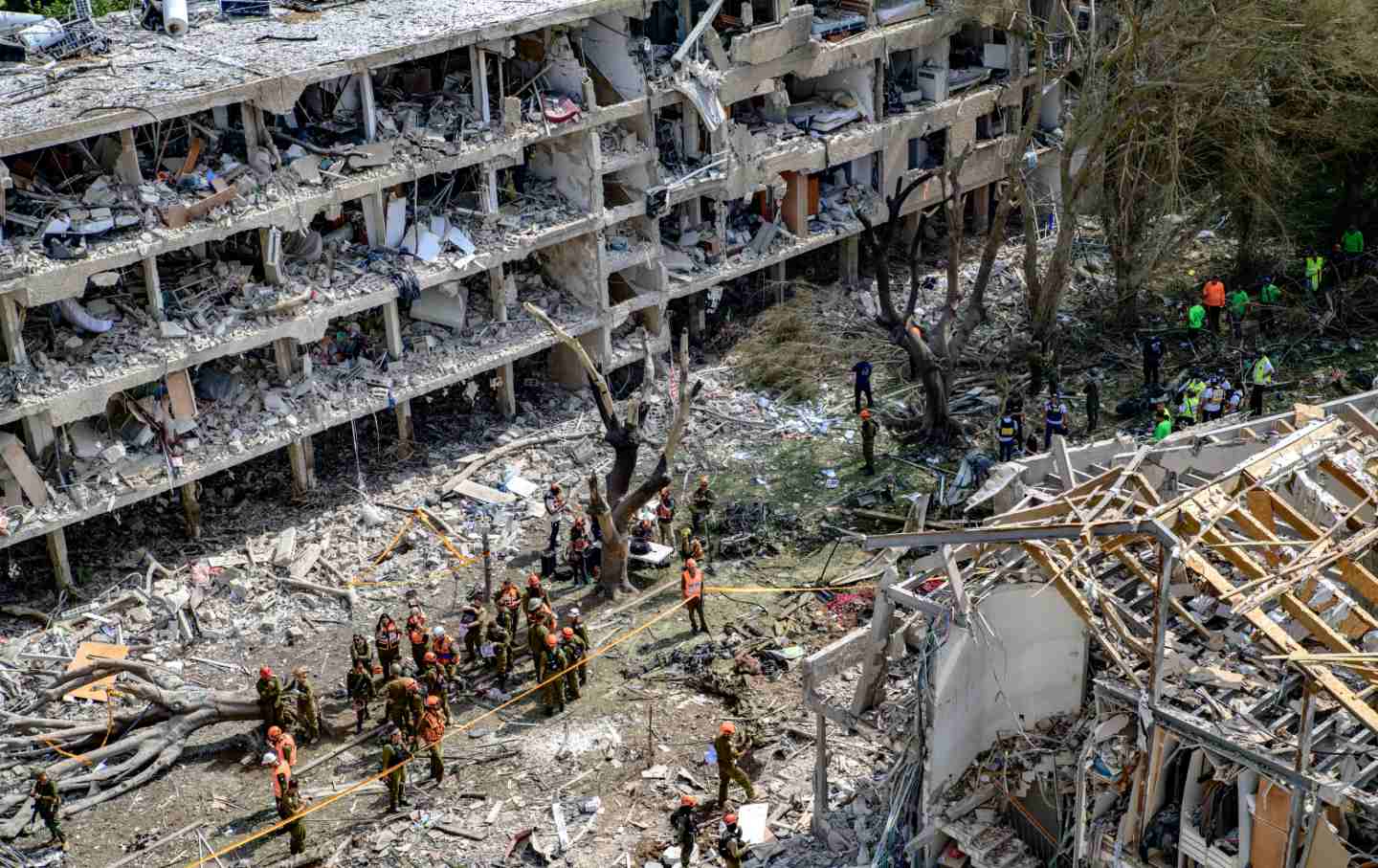
What was true before is still true now: There is no military solution to this conflict. Only diplomacy and a commitment to peace will work.
Hillel Schenker



